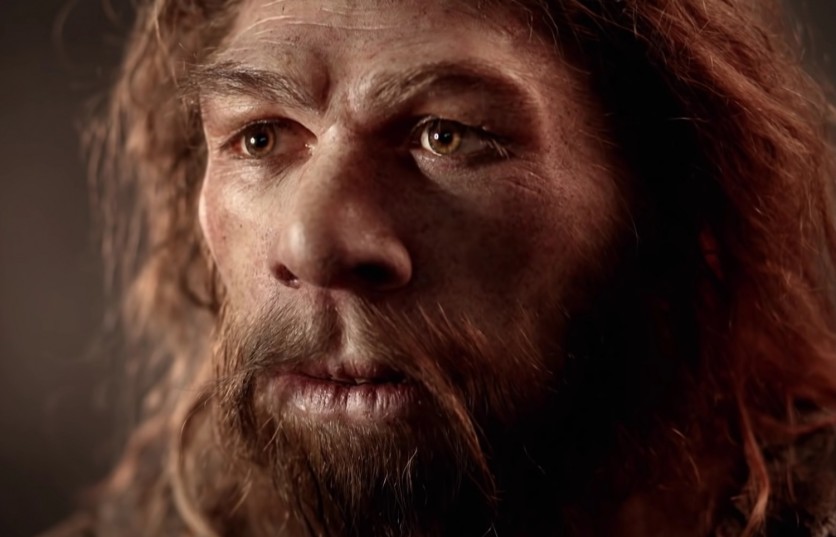
In previous research in 2020, Neanderthal gene variants were found out to be a huge contributing factor that affects the severity of COVID-19. This year, the researchers who conducted the past study revealed that the same variants from the ancient race of man could be a protective agent against the disease.
Study Revealed A Bright Side of the Ancient Genes
Just months after the researchers declared that the Neanderthal gene variants indicated a high risk of acquiring COVID-19 among people, another study stated a different conclusion. This time, a protective variant emerged to be the focus of the study, which aids the need to have lesser reliance for the COVID-19 care of the patients for 22%.
The two researchers conducted an analysis with over 2,200 terminally-ill patients who have COVID-19. They were also able to recognize the genomic regions that were related to COVID-19 hospitalization. The gathered data came from Genetics of Mortality in the Critical Care consortium.
It was found out that a region on chromosome 12 was the factor behind the lowered risk of acquiring the virus. The said genes called OAS are tasked to break down the genomes that inhibit the region. Moreover, they are also responsible for regulating the enzymes' activity.
Factors like age and complications from diseases will likely expose a person to COVID-19 infection. It is most common especially to adults who have a weaker immune system. The variants play a role in balancing the severity of the risk, wherein the effects could scale from an increased weakening of the respiratory system to other serious problems and even death.
Throughout the study, findings were converted into a much useful assessment where Neanderthal gene variants could also become an effective contributor to decrease your chance of getting sick through the COVID-19.
The study was published on Nature.com last year.
What We Inherit From Neanderthals Is A Double-Edged Sword
"This shows that our heritage from Neandertals is a double-edged sword when it comes to our response to SARS-CoV-2. They have given us variants that we can both curse and thank them for," Karolinska Institutet researcher Hugo Zeberg said, the MedicalXpress reported.
Zeberg added that the Neanderthal gene variants have started to spread across the world especially during the last Ice Age. More significantly, half of the global population located outside the African continent is said to be a carrier of the genes from an extinct human relative. In addition, it was dated around 60,000 years ago when the crossbreeding of the Neanderthals and modern humans happened which resulted in the acquisition of the genetic variant.
Furthermore, Max Planck Institute for Evolutionary Anthropology Director Svante Pääbo noted that they were prevalent back then. Moreover, incredible information that the two genetic variants served two different purposes. Pääbo believed that the immune system of the Neanderthals has evidently contributed to what is happening today among humans.
To access the full study, visit the Proceedings of the National Academy of Sciences of the United States of America (PNAS) for more details.
Related Article : Pet Cats, Dogs May Need COVID-19 Vaccine, New Study Suggests
This article is owned by Tech Times.
Written by Joen Coronel
ⓒ 2025 TECHTIMES.com All rights reserved. Do not reproduce without permission.




